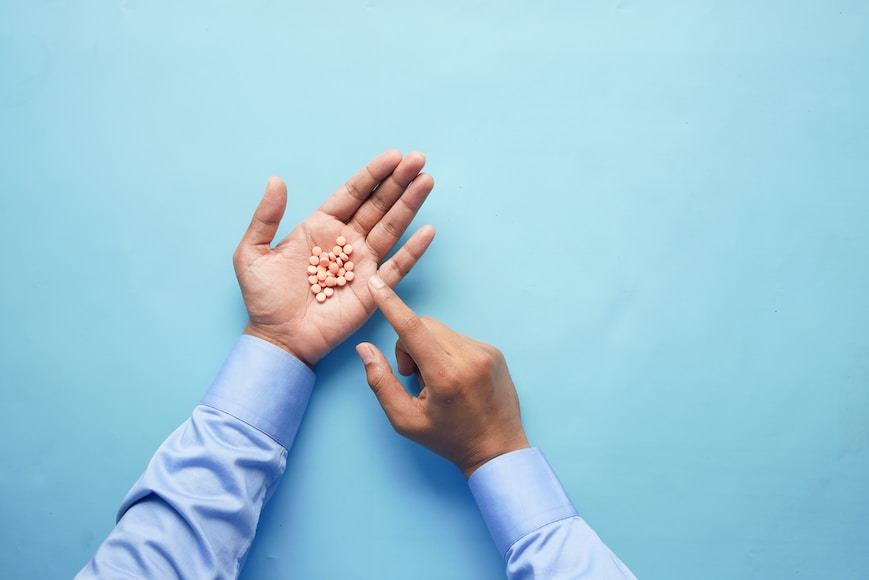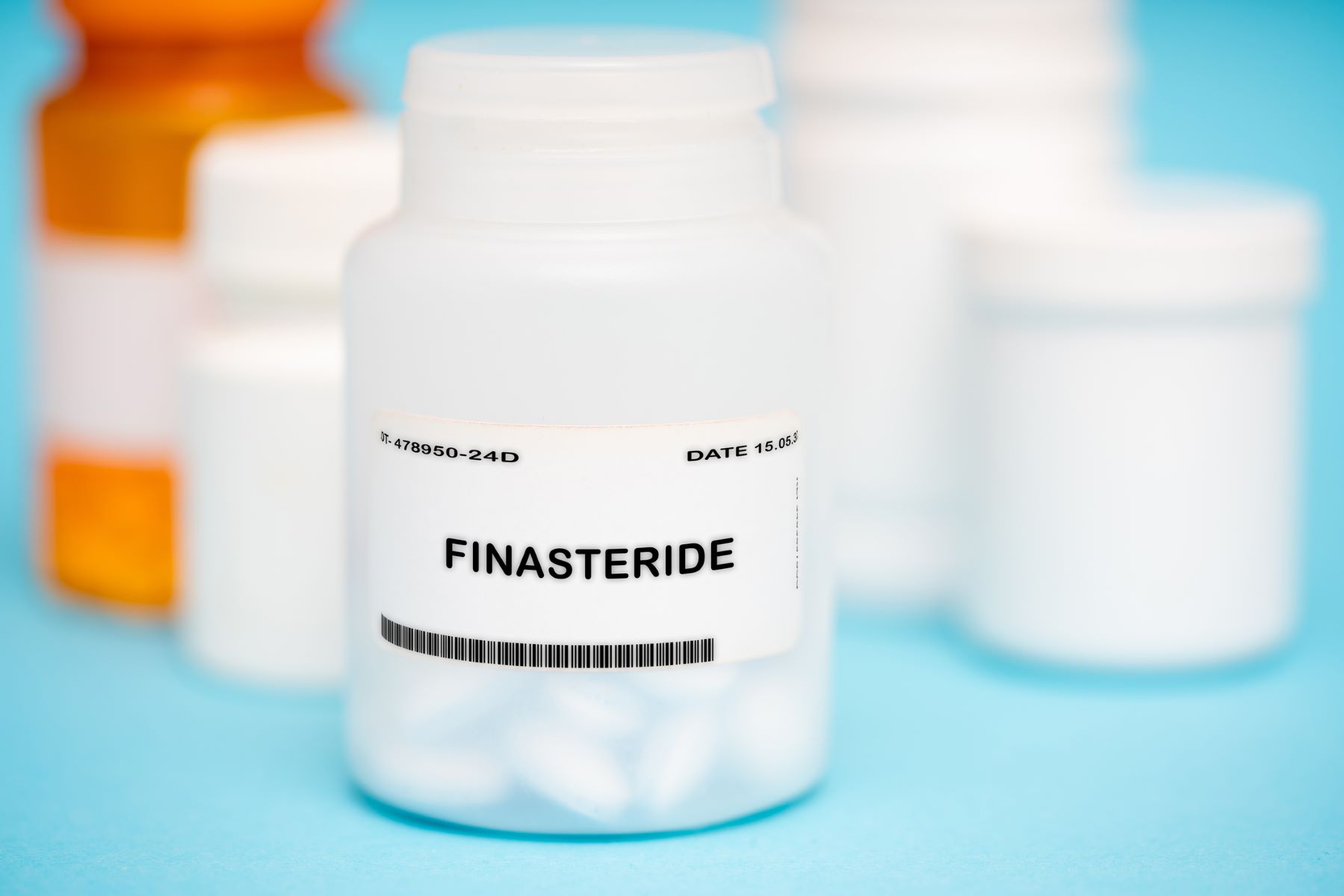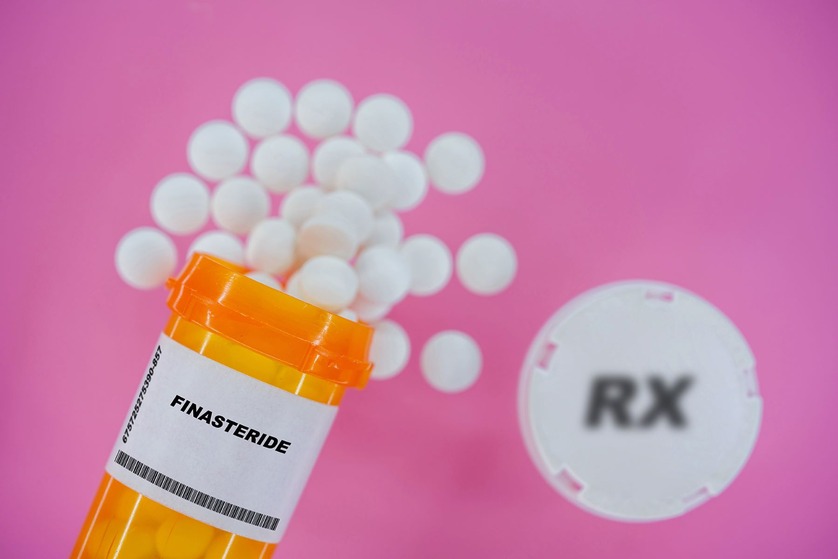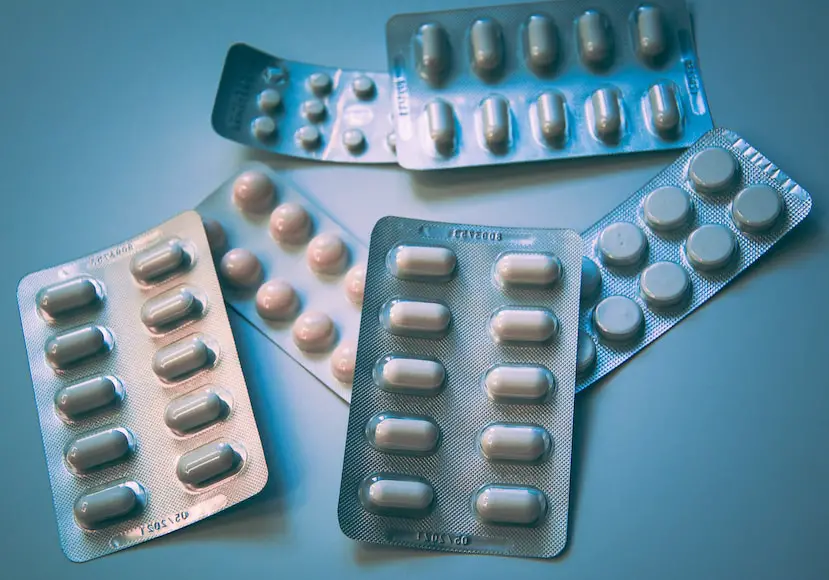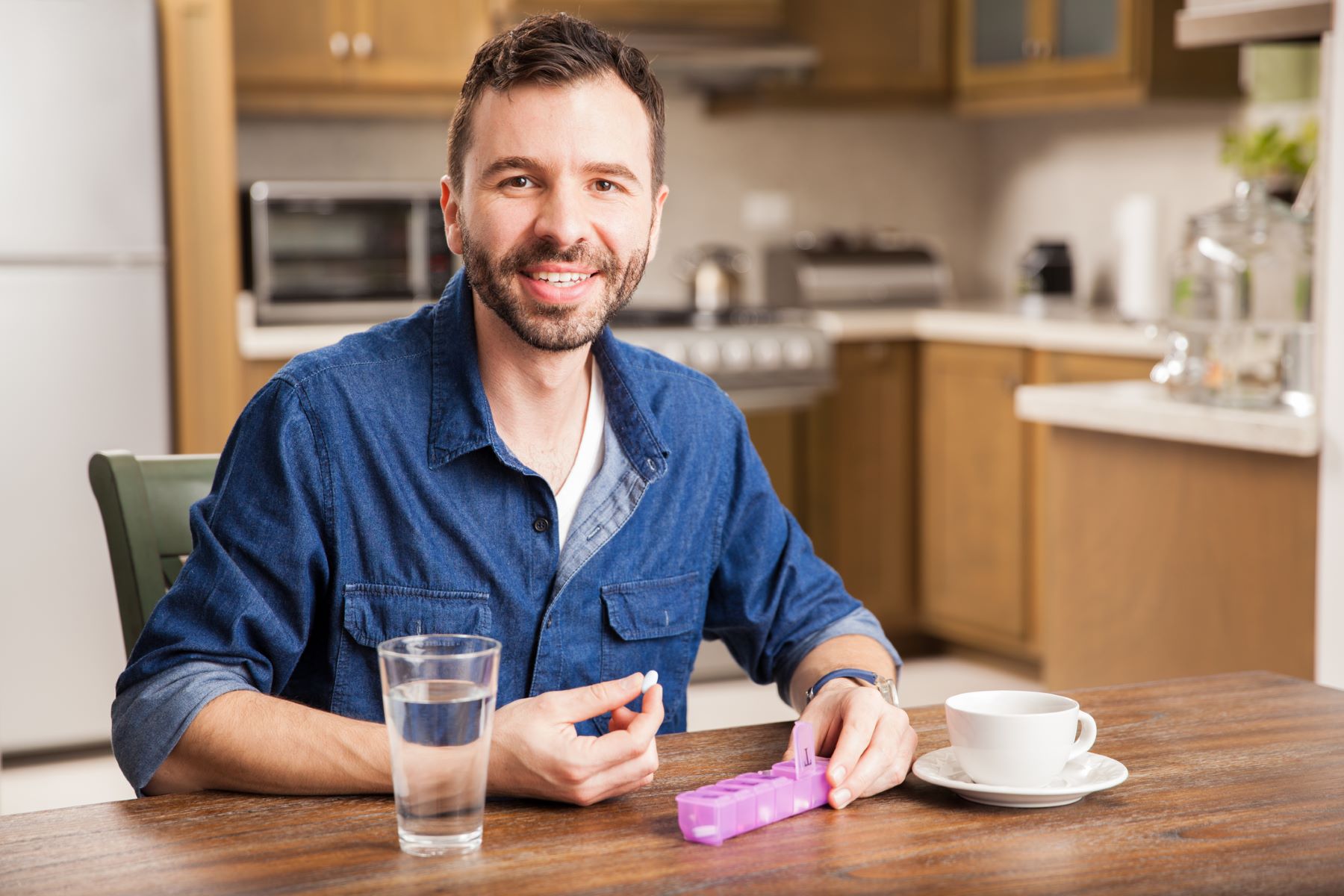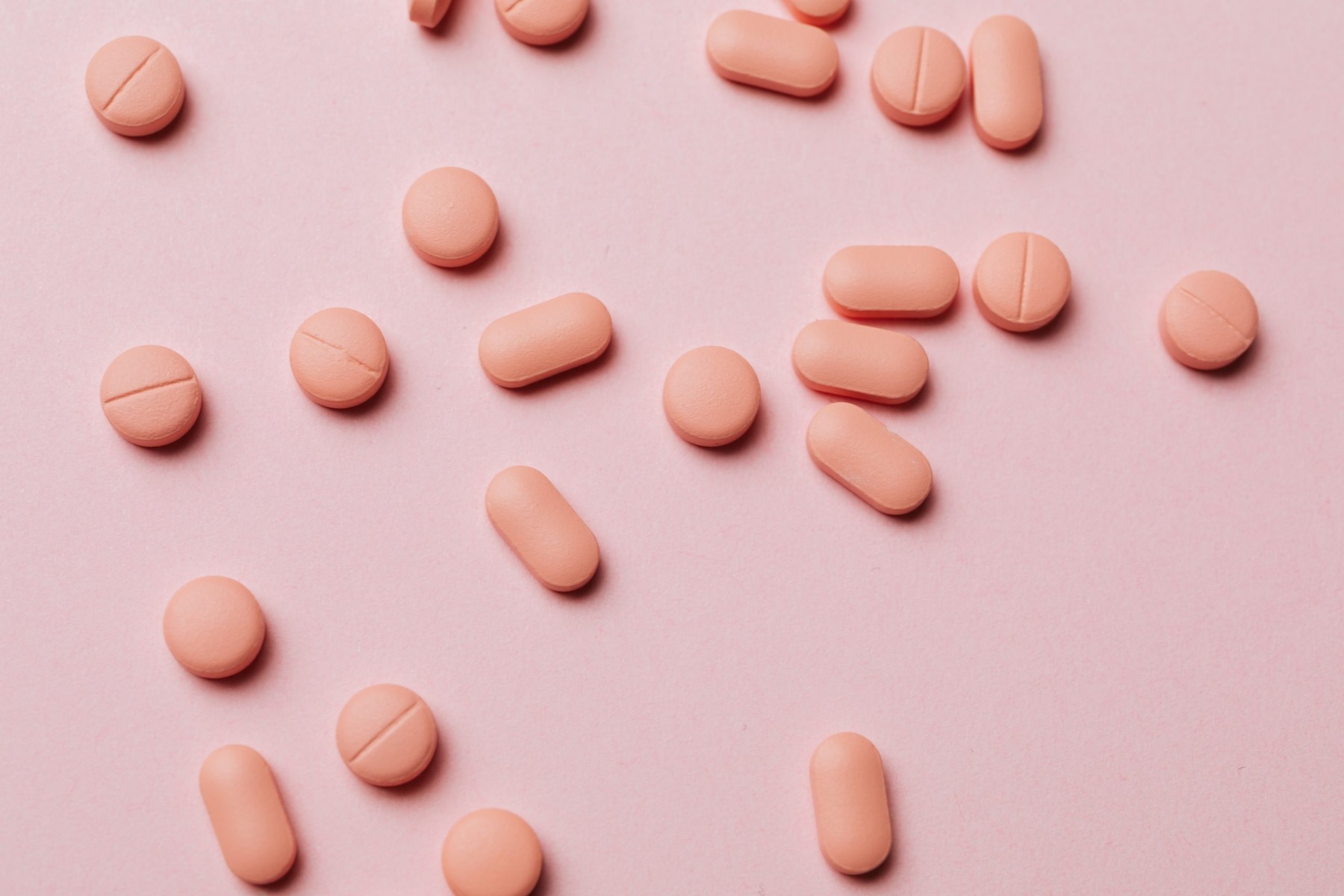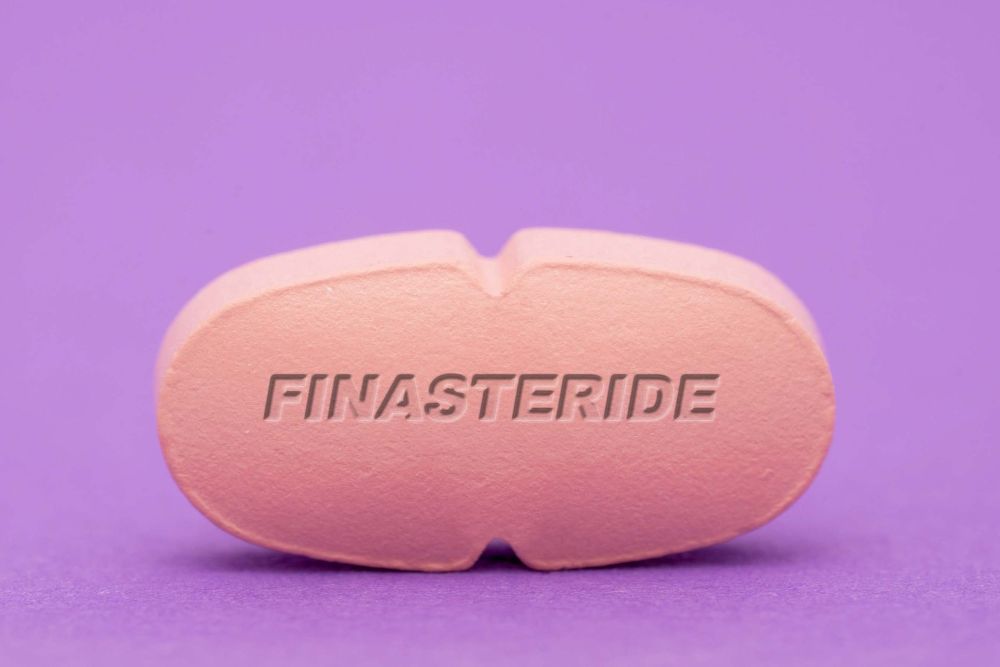Should I Take Finasteride In The Morning Or At Night
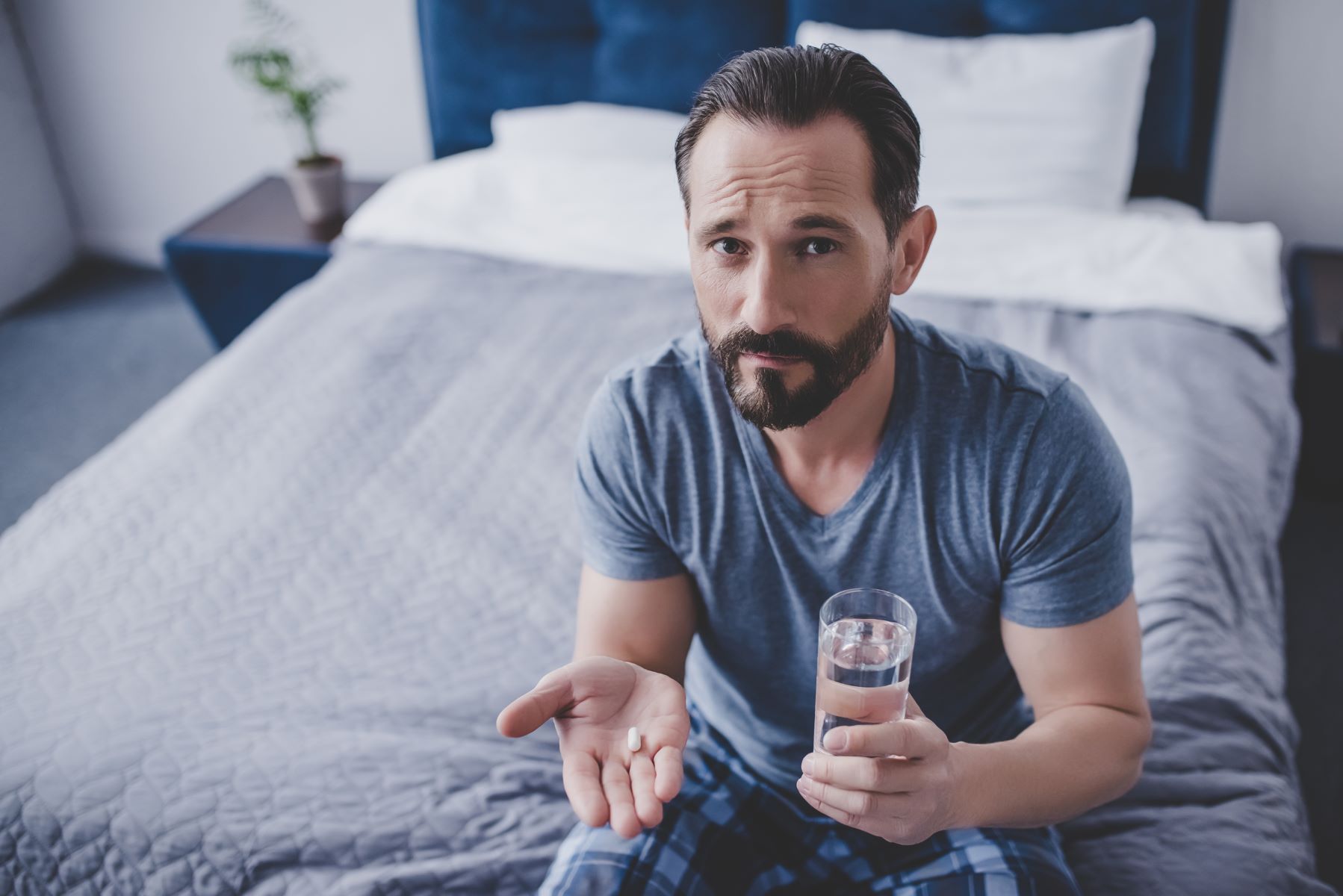
The bathroom mirror reflected back a familiar, yet unwelcome sight: a slightly wider part, a little more scalp peeking through under the unforgiving glare of the overhead light. For many men, this daily ritual is a silent battle against the receding hairline, a common foe armed with the weapon of time and genetics. Among the arsenal of defenses, Finasteride, a prescription medication, stands as a front-line soldier. But like any good soldier, timing is crucial: Should it be deployed with the morning's coffee or under the cover of night?
The debate over whether to take Finasteride in the morning or at night is a surprisingly nuanced one, lacking a definitive, one-size-fits-all answer. While the timing of administration appears to have minimal impact on the drug's efficacy in inhibiting 5-alpha reductase (the enzyme responsible for converting testosterone to DHT, the hormone implicated in hair loss), other factors such as personal routines, potential side effects, and individual preferences play a significant role in determining the optimal time for each user.
Understanding Finasteride and DHT
To understand the nuances of this timing debate, it's important to grasp the basics of how Finasteride works. Finasteride is a synthetic 4-azasteroid compound that acts as a specific inhibitor of the type II 5α-reductase enzyme.
This enzyme is responsible for converting testosterone to dihydrotestosterone (DHT), a potent androgen hormone. DHT is a key culprit in androgenetic alopecia, also known as male pattern baldness.
By inhibiting this enzyme, Finasteride reduces DHT levels in the scalp, which helps to slow down or even reverse hair loss in some men. According to research published in the Journal of the American Academy of Dermatology, Finasteride has been shown to be effective in promoting hair growth and preventing further hair loss in men with androgenetic alopecia.
The Argument for Morning Administration
Some men prefer to take Finasteride in the morning, integrating it into their established routine of taking other medications or supplements. This consistency can be a key factor in adherence, ensuring that the dose is taken regularly.
For those who experience mild side effects, like dizziness, taking it in the morning might allow them to manage these effects during the day when they are more active and less likely to be bothered by them. Furthermore, some individuals feel that taking it in the morning aligns better with their natural hormonal cycles.
The Case for Evening Dosage
Conversely, many men opt for taking Finasteride at night. The rationale behind this is often linked to the potential side effects of the medication.
If someone experiences mild side effects such as fatigue or lightheadedness, taking the pill before bed allows them to sleep through these symptoms. Also, taking it at night might be easier to remember, especially if it's linked to a bedtime routine.
The Role of Half-Life
The half-life of Finasteride, the time it takes for the concentration of the drug in the body to reduce by half, is approximately 6-8 hours in men aged 18-60 and increases slightly to 8 hours in men older than 70. This relatively short half-life means that the drug is cleared from the system relatively quickly.
This rapid clearance is why Finasteride needs to be taken daily to maintain consistent levels of DHT inhibition. However, the fact that the half-life is relatively short also suggests that the precise timing of the dose within a 24-hour period is unlikely to have a significant impact on its effectiveness, provided it is taken consistently.
What the Experts Say
Dermatologists and other healthcare professionals generally agree that the timing of Finasteride administration is less important than the consistency of taking the medication. Dr. Emily Carter, a leading dermatologist specializing in hair loss, emphasizes the importance of adherence.
“The most crucial factor is to take Finasteride regularly, at the same time each day, to maintain consistent DHT suppression,” she says. “Whether that's in the morning or at night is really a matter of personal preference and convenience."
This sentiment is echoed by many other experts in the field. It’s more about creating a routine that works for the individual, ensuring they don’t miss doses, rather than adhering to a strict morning or evening schedule. For example,
Dr. Mark Thompson, a hair restoration surgeon, suggests that patients monitor their bodies after starting Finasteride.
“Some men may notice a slight difference in side effects depending on when they take it," he explains. "If they experience dizziness, taking it at night might be better. If they forget to take it at night, switching to the morning might improve adherence."
Considering Side Effects
As with any medication, it’s important to be aware of the potential side effects of Finasteride. While most men tolerate the drug well, some may experience side effects such as decreased libido, erectile dysfunction, and ejaculatory disorders.
These side effects are generally mild and reversible upon discontinuation of the medication, but they can be a concern for some men. If you experience any concerning side effects, it’s important to discuss them with your healthcare provider.
Individual Preferences and Lifestyle Factors
Ultimately, the best time to take Finasteride is the time that works best for you, taking into account your individual preferences and lifestyle factors. Consider your daily routine, medication schedule, and any potential side effects you might experience.
If you are already taking other medications, taking Finasteride at the same time might help you remember to take it. If you are prone to forgetting medications, setting a reminder on your phone or using a pill organizer can be helpful.
Making an Informed Decision
Before starting Finasteride, it's essential to have an open and honest conversation with your healthcare provider. They can assess your individual risk factors, discuss the potential benefits and risks of the medication, and help you determine the best course of treatment for your hair loss.
They can also provide guidance on when to take Finasteride based on your individual circumstances. Always follow your doctor's instructions and never adjust your dosage without consulting with them.
Conclusion: Consistency is Key
In the grand scheme of things, the "morning versus night" debate regarding Finasteride is a minor detail compared to the larger picture of consistent adherence and informed decision-making. The key takeaway is to find a time that seamlessly integrates into your daily routine, minimizing the risk of missed doses and maximizing the potential benefits of this hair-loss treatment.
So, whether you choose to pop that pill with your morning coffee or tuck it in alongside your nightly routine, remember that consistency and communication with your healthcare provider are your greatest allies in the battle against hair loss. The important thing is to take action, armed with knowledge and a commitment to your personal well-being. The journey to a fuller head of hair is a marathon, not a sprint, and consistency is the fuel that will keep you going.
